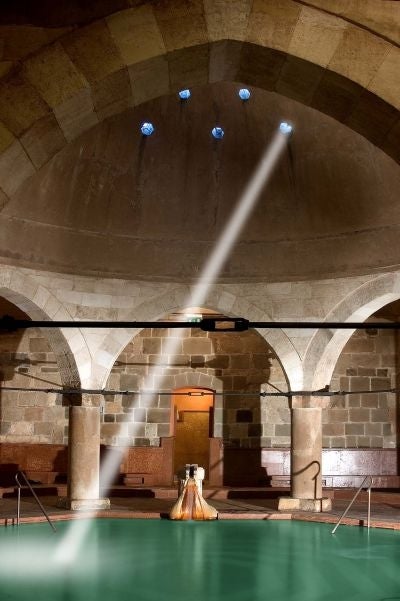Your support helps us to tell the story
From reproductive rights to climate change to Big Tech, The Independent is on the ground when the story is developing. Whether it's investigating the financials of Elon Musk's pro-Trump PAC or producing our latest documentary, 'The A Word', which shines a light on the American women fighting for reproductive rights, we know how important it is to parse out the facts from the messaging.
At such a critical moment in US history, we need reporters on the ground. Your donation allows us to keep sending journalists to speak to both sides of the story.
The Independent is trusted by Americans across the entire political spectrum. And unlike many other quality news outlets, we choose not to lock Americans out of our reporting and analysis with paywalls. We believe quality journalism should be available to everyone, paid for by those who can afford it.
Your support makes all the difference.If you're in need of some relaxation this holiday season, Hungarian capital Budapest has just the solution - free spa admission for visitors to the city through March 2011.
Offered as part of the city's winter marketing campaign, the deal offers those looking to visit Budapest free entry to one of the city's three most popular spas, as well as a free night if you visit for three or four nights.
Hungary's capital sits on a total of around 118 thermal springs, which were first discovered by the Romans and remain a popular tourist attraction today.
Among them are the Széchenyi thermal bath, the largest medicinal bath in Europe, and the Gellért Baths and Spa, one of the most popular for visiting tourists.
Tickets to both of these and the Rudas thermal baths are available for visitors this winter.
The Hungarian National Tourist Office says that alongside the three spas, 60 hotels are participating in the campaign by offering free guest nights, and Hungarian national carrier Malev is providing deals on flights.
The tourism agency plans to position Hungary as a health tourism destination over the coming years, luring German, Austrian and British tourists away from other eastern European health hotspots such as Poland and the Czech Republic.
The attempt is being driven by a boom in the number of spa and wellness hotels in the country - from only 24 in 2001, the number had risen to 140 by 2009.

Join our commenting forum
Join thought-provoking conversations, follow other Independent readers and see their replies
Comments